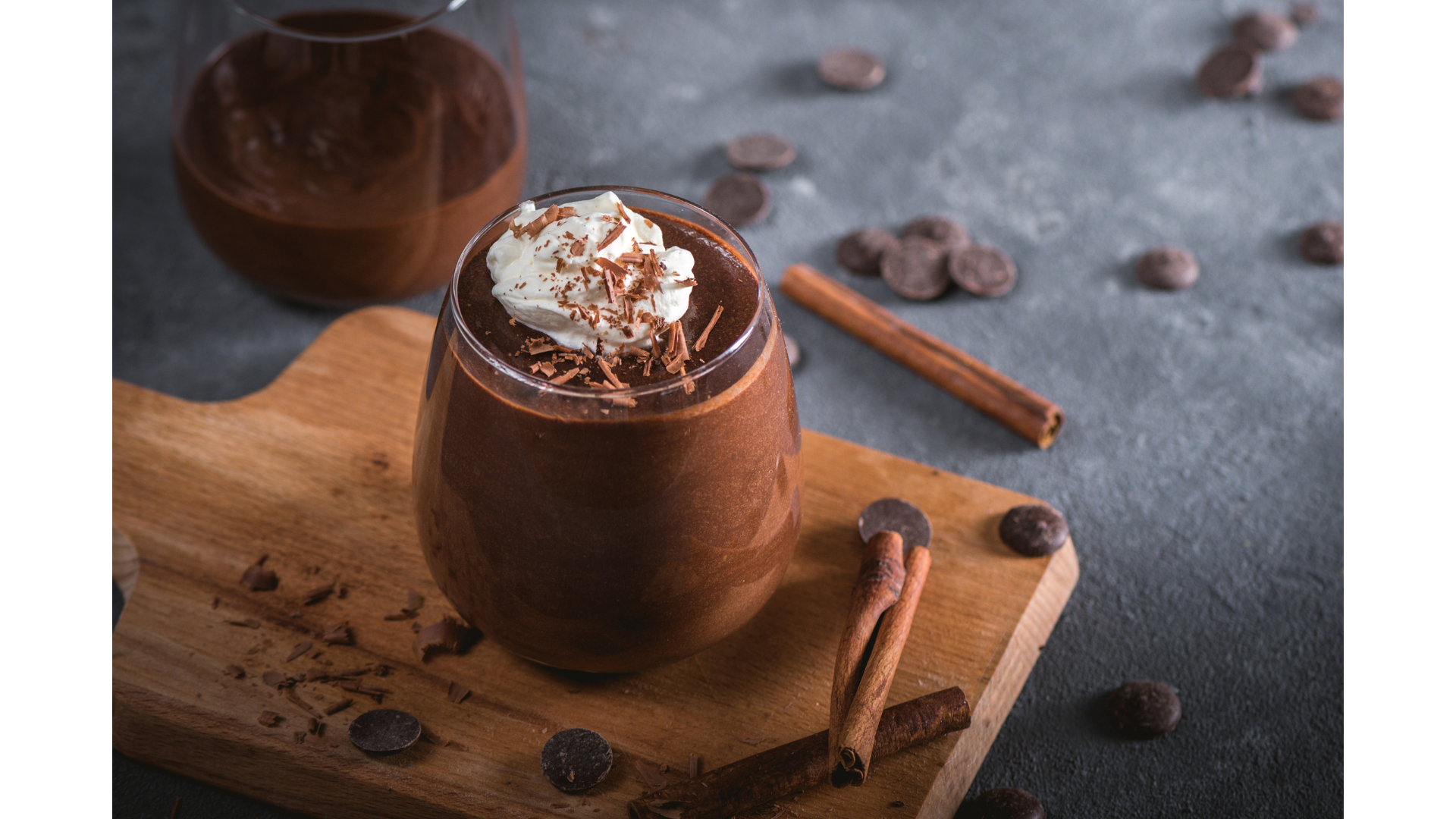Indulging Cravings: Is It Safe to Enjoy Chocolate Mousse During Pregnancy?
Pregnancy is a journey filled with anticipation, joy, and sometimes, irresistible cravings. For many expectant mothers, the allure of a velvety, indulgent chocolate mousse can be hard to resist. But with the well-being of both you and your baby at the forefront, it's crucial to ask: Is it safe to indulge in this decadent treat during pregnancy? In this guide, we'll delve into the world of chocolate mousse, exploring its safety, potential risks, and providing tips for savoring it without compromising your well-being.
Understanding the Concerns
Chocolate mousse typically contains several ingredients that raise questions about safety during pregnancy. Let's break down the potential concerns:
1. Raw Eggs:
One of the primary components of traditional chocolate mousse is raw eggs. Raw eggs may carry a risk of Salmonella contamination, which can lead to foodborne illness. This is a concern particularly for expectant mothers, as the effects of foodborne illnesses can be more severe during pregnancy.
2. Caffeine Content:
Depending on the recipe, chocolate mousse contains chocolate in some form, such as cocoa powder or melted chocolate, which naturally contains caffeine. While moderate caffeine intake is generally considered safe during pregnancy, excessive amounts should be avoided.
3. Sugar and Caloric Intake:
Chocolate mousse is a dessert, and like many sweets, it tends to be high in sugar and calories. While indulging in treats occasionally is perfectly fine, it's important to strike a balance to maintain a well-rounded and nutritious diet.
Assessing the Risks
1. Raw Eggs:
The risk of Salmonella contamination from raw eggs is relatively low, and pregnant women are not at an increased risk for contracting it, but the consequences can be serious if infected. Symptoms of Salmonella infection include nausea, vomiting, diarrhea, abdominal cramps, and fever. In rare cases of salmonella bacteremia, it could lead to intrauterine sepsis. Therefore, the official guideline is to avoid raw eggs.
2. Caffeine Content:
The caffeine content in chocolate mousse is generally lower compared to other sources like coffee or tea. However, it's important to be mindful of your overall caffeine intake to stay within recommended limits, typically 200 mg per day.
3. Sugar and Caloric Intake:
While indulging in chocolate mousse can be a delightful treat, it's best enjoyed in moderation. High sugar and calorie intake, when not balanced with a nutritious diet, can lead to excessive weight gain during pregnancy.
Making Safe Choices
Now that we've identified the potential risks, let's explore how you can enjoy chocolate mousse safely during pregnancy:
1. Choosing Pasteurized Eggs:
Opt for chocolate mousse made with pasteurized eggs or use egg substitutes. Pasteurized eggs have been heat-treated to kill harmful bacteria, making them a safer option for recipes that call for raw or undercooked eggs.
2. Consider Eggless Recipes:
There are numerous eggless chocolate mousse recipes available that use alternative ingredients like whipped cream, tofu, or avocados to achieve that creamy texture. These options eliminate the risk associated with raw eggs altogether.
3. Milk Chocolate versus Dark Chocolate:
If you're concerned about caffeine intake, consider milk chocolate mousse, which contains less caffeine compared to dark chocolate. On the other hand, dark chocolate contains higher levels of important minerals needed during pregnancy, including magnesium, copper, and iron.
4. Balancing Your Diet:
Ensure that your overall diet is balanced with a variety of nutrients from fruits, vegetables, whole grains, lean proteins, and dairy or dairy alternatives. Enjoying chocolate mousse in moderation is key. Keep portion sizes reasonable to avoid excessive sugar and calorie intake.
A Safe Chocolate Mousse Recipe for Expectant Moms
Here's a simple, eggless chocolate mousse recipe that's safe for expectant mothers:
Ingredients:
▢8 oz. semisweet chocolate, chopped
▢1 tsp vanilla extract
▢1 pinch salt
▢3 cups heavy cream, divided
▢¼ cup powdered sugar
Instructions:
In a small saucepan, gently heat 1 cup of heavy cream until it barely simmers. Pour the warm cream over the chopped chocolate, allowing it to rest for 1 minute. Incorporate vanilla extract and a pinch of salt, then whisk until the mixture achieves a smooth consistency. Cover and refrigerate for approximately 20 minutes to cool.
In a medium bowl, use a hand mixer or stand mixer to beat 2 cups of heavy cream and powdered sugar until stiff peaks form, typically taking about 3 minutes. Reserve half of the whipped cream in the fridge for later decoration.
Whisk the chilled chocolate mixture and gently fold it into the remaining whipped cream using a silicone spatula until the blend is uniform. Divide the mixture among glasses or bowls, cover with plastic wrap, and refrigerate for at least 6 hours or overnight.
Before serving, garnish with the reserved whipped cream. Enjoy!
Conclusion: Savoring Chocolate Mousse Safely
Indulging in a delectable chocolate mousse can be a delightful part of your pregnancy journey. By choosing safe recipes and being mindful of ingredient choices, you can enjoy this treat without compromising your well-being or that of your baby. Remember, every pregnancy is unique, so it's always advisable to consult your healthcare provider regarding your specific dietary preferences and restrictions. With the right knowledge and precautions, you can savor chocolate mousse with confidence and joy.
Disclaimer: This blog post is for informational purposes only and should not be considered a substitute for professional medical advice. Always consult with your healthcare provider for personalized dietary recommendations during pregnancy.
References:
FDA Dairy and Eggs - Food Safety for Moms to Be:
https://www.fda.gov/food/people-risk-foodborne-illness/dairy-and-eggs-food-safety-moms-be
Mother to Baby Fact Sheets - Salmonella:
https://www.ncbi.nlm.nih.gov/books/NBK582942/
March of Dimes - Caffeine in pregnancy:
https://www.marchofdimes.org/find-support/topics/pregnancy/caffeine-pregnancy
